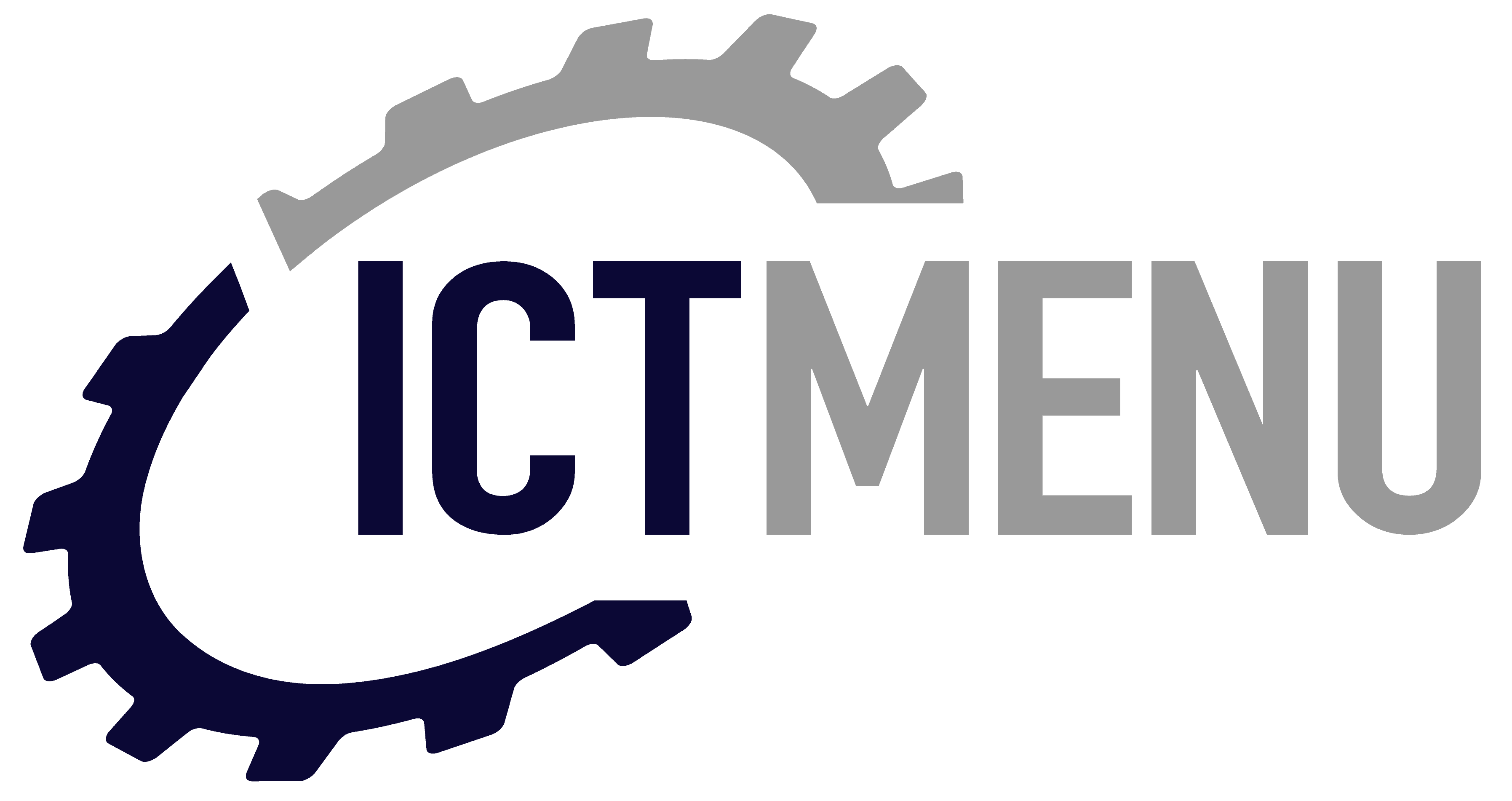Zotero is a powerful tool designed to organize and manage your research materials effortlessly. As an open-source reference management software, Zotero helps academics, researchers, and students collect, organize, cite, and share research sources with ease. By integrating seamlessly with web browsers, it simplifies the process of adding research articles directly from the web. In this article, you’ll explore key features and practical tips to master Zotero for a more efficient academic workflow.
Understanding Zotero’s Core Features
Zotero stands as a powerful ally for researchers by offering a suite of core features that streamline the process of managing research materials. One of the key functionalities in Zotero is its adept collection and organization system. It allows you to efficiently gather references from multitudes of online sources, automatically saving them into your personal library. You can then organize these references into collections, making it a breeze to retrieve information and keep your research well-structured. This feature alone transforms your digital library into an intuitive workspace, effectively replacing stacks of papers and endless browser tabs.
A further integral aspect of Zotero’s offering is its citation management tool. Seamlessly integrate citations into your work with the click of a button, supporting a variety of citation styles to match your project’s requirements. This functionality not only saves time but also ensures accuracy, letting you focus more on the research content rather than tedious formatting tasks.
Collaboration is enhanced through Zotero’s sharing tools, which facilitate smooth and efficient group projects. By sharing collections and participating in worldwide research groups, you foster intellectual collaborations that enrich the quality of your work. Additionally, Zotero’s browser integration, with the Zotero Connector, allows you to add materials directly from your web browser, ensuring that no useful article slips through the cracks of your research process.
These core features make Zotero an invaluable resource for anyone deeply involved in academic research. As you harness these tools, you’ll be well-prepared to enhance your academic productivity, easing into the next step: setting up Zotero for the first time, where the real magic begins as you personalize your research toolkit.
Setting Up Zotero for the First Time
Zotero is your gateway to an optimized research workflow, providing a seamless transition from understanding its core features to practical implementation. To embark on this journey, the first essential step is setting up Zotero, which is both simple and rewarding, laying the groundwork for efficient research management. Start by downloading and installing Zotero on your preferred device. The installation process is quick, allowing you to dive into your research management tasks without delay. Enhancing your browser with the Zotero Connector is the next step, transforming your web browsing into a seamless experience where gathering references is as easy as a click.
Creating a Zotero account is crucial for synchronizing your library across multiple devices, ensuring your research data is accessible wherever you are. This feature is particularly beneficial for researchers who switch between devices. Customizing your Zotero settings ranks high in importance, allowing your research workflow to be precisely tailored. Enable automatic citations to save time, and organize your research using folders for a structured approach. This proactive setup empowers you to harness the full potential of Zotero, bringing efficiency and order to your research endeavors.
As you become familiar with these foundational elements, you’re poised to dive deeper into the powerful citation management features Zotero offers. In the next chapter, we will explore how to maximize Zotero’s capabilities for handling citations, an area where this tool truly excels, further streamlining your academic and professional writing projects.
Maximizing Zotero for Citation Management
Zotero revolutionizes the process of citation management by enhancing both efficiency and accuracy in research papers. From the outset, as you familiarize yourself with Zotero’s setup, it’s important to understand how its citation functionalities can transform the way you manage references. One of the standout features is automatic citation generation, where Zotero can effortlessly create citations directly from your curated collections. This reduces the manual work and potential for error, allowing researchers to focus more on content creation rather than formatting.
In-text citations become a breeze as you integrate them smoothly into your documents with Zotero, providing a seamless connection between your draft and your source materials. This means no more flipping between tabs to copy and paste references; a few clicks, and your citations are properly placed and formatted. Zotero also supports an extensive range of citation styles, catering to the varied requirements of academic fields. Whether it’s APA, MLA, Chicago, or others, Zotero has you covered, ensuring that your work adheres to the required standards without the hassle of manually adjusting each entry.
For those quick citations, Zotero’s Quick Copy tool allows you to simply copy a formatted citation and drop it into your document with ease, making it perfect for note-taking or when working across multiple platforms.
As you become proficient in using Zotero for citation management, it becomes clear how critical these tools are for maintaining proper citation standards and enhancing the research workflow. With a solid foundation in Zotero, you’re now prepared to explore more collaborative features, such as working on projects with Zotero Groups, which will further enhance your ability to manage research collectively.
Collaborating on Projects with Zotero Groups
Zotero provides an exceptional platform for researchers and teams to collaborate through its Groups feature, making the process of sharing and organizing research more efficient. Setting up a Zotero Group is straightforward and allows research teams to work collaboratively by sharing resources and references easily. Once a group is created, the group owner can invite members, establishing a central hub where all team members can access necessary materials and synchronize their work seamlessly.
Effective permissions management within Zotero Groups ensures that every member interacts appropriately with the shared library. Group owners or administrators have the ability to assign roles and access levels, enabling customization of member permissions. Whether it’s viewing only, adding references, or comprehensive editing, managing these permissions effectively encourages a balanced collaboration where team members can contribute optimally.
Communication is key in any collaboration, and Zotero enhances this through its built-in discussion features. Within Zotero Groups, team members can engage in discussions, providing feedback and insights on shared materials. This facilitates a dynamic dialogue where ideas can be exchanged and refined, contributing to the project’s success.
Shared libraries within Zotero offer another layer of collaborative synergy. By maintaining a shared collection of references and resources, all group members remain updated on the latest research materials. This not only supports consistent information flow but also encourages active participation from all team participants as they contribute to the group’s collective knowledge base.
Transitioning from managing individual citations to engaging with Zotero Groups enriches the research workflow considerably. As you become more adept at utilizing Zotero’s collaborative tools, you will find these advanced strategies incredibly useful for your research. Next, we will delve into some advanced tips for making your research journey with Zotero even more efficient.
Advanced Tips for Efficient Research with Zotero
Zotero offers advanced features that can significantly enhance your research efficiency and knowledge management. Leveraging Zotero’s tag and note system allows you to organize your references with precision. By assigning tags, you can categorize and sort your references according to themes or topics, making it easier to retrieve them later. Notes provide an opportunity to add valuable context to each reference, embedding your personal insights or summarizing key information. This enhances your understanding and recollection of the material.
Integrating PDF management directly within Zotero streamlines document handling. You can attach PDFs to references and use Zotero’s built-in tools to annotate them, ensuring that all your related materials are conveniently stored in one location. This centralized approach eliminates the chaos of scattered files and enhances your ability to track and manage digital documents.
The robust search and filter capabilities in Zotero allow you to swiftly locate specific references among vast collections. You can conduct searches based on author names, keywords, content within the notes, or tagged attributes, saving you precious time that can be better spent analyzing information rather than searching for it.
Exploring third-party integrations extends Zotero’s functionality beyond its core features. Its compatibility with other research tools and platforms like word processors or online libraries allows you to enhance your research setup. These integrations expand Zotero’s capabilities, offering a seamless experience from data collection to the final stages of research dissemination.
These advanced tips not only optimize your research workflow but also offer a cohesive strategy for efficient management of research materials. As you become adept at utilizing these features, you may occasionally need assistance with specific issues. This leads us naturally into the next chapter, where we delve into troubleshooting and support in Zotero, ensuring you have the help you need when navigating this powerful tool.
Troubleshooting and Support in Zotero
Zotero offers a robust solution for optimizing the research workflow, yet like any software, users may occasionally encounter issues requiring troubleshooting. A seamless user experience is paramount, and understanding common problems, like syncing or connectivity challenges, is key to maintaining productivity. When a researcher faces typical issues such as synchronization errors or problems accessing their library on different devices, immediate resolution can often be found through the troubleshooting features built into Zotero.
Accessing Zotero’s support forums provides a wealth of knowledge, as users share experiences and solutions. This community-driven resource is invaluable for those seeking peer support or looking for guidance on less common issues. Engaging with fellow users can lead to quick fixes, offering insights that might not be immediately obvious. These forums are a welcoming space for both new and experienced users to exchange tips and problem-solving strategies.
Furthermore, Zotero’s official guides and documentation present an extensive repository of updated instructions and troubleshooting steps. These resources ensure that users have access to the latest fixes and feature explanations, empowering them to tackle issues confidently. These guides are structured to be user-friendly, providing clear, actionable steps to resolve problems without frustration.
For more complex or unique challenges, Zotero’s help center offers professional support. This service is designed for scenarios where standard troubleshooting may not suffice, providing expert assistance to diagnose and resolve intricate issues. With these comprehensive resources, Zotero promotes a smooth research process, enabling users to focus on their academic goals rather than technical difficulties. Whether through self-service troubleshooting or community and professional support, Zotero stands as a reliable partner in research efficiency.

